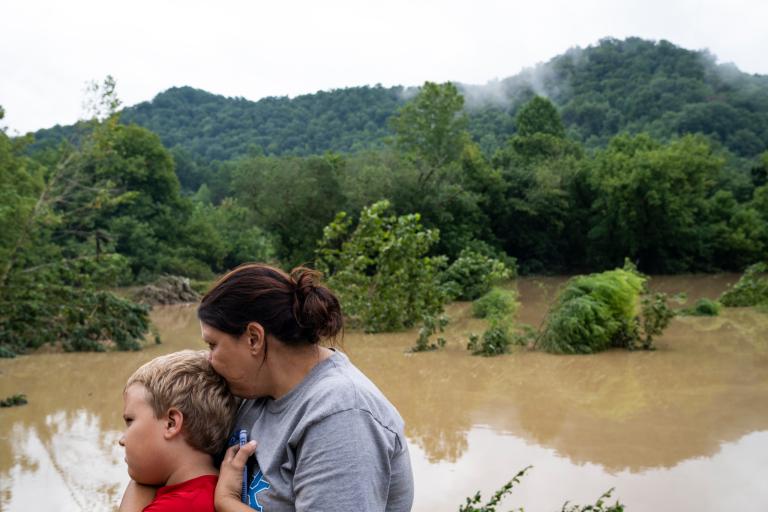On Tuesday, a federal appeals court kicked two Trump-era offshore oil leases in the Gulf of Mexico back to the Department of the Interior, citing the agency’s failure to examine their full environmental impact. The decision, made by the U.S. Circuit Court of Appeals for the District of Columbia, concerned drilling rights auctioned off back in 2018 for over 150 million acres of federal waters.
The appeal largely hinged on the sales’ alleged failure to comply with the National Environmental Policy Act, or NEPA, which requires the federal government to consider the environmental effects of major projects. Environmental groups including Healthy Gulf, the Sierra Club, and the Center for Biological Diversity argued the Interior Department’s Bureau of Ocean Energy Management, or BOEM, “failed to fully analyze the risks that the immense sales posed to people, wildlife, and the environment,” according to a press release from Earthjustice, which represented the groups.
While a lower court initially found the lease sales’ environmental analysis to be adequate, the D.C. Circuit Court found at least one flaw with the process.
“We hold that Interior adequately considered the option of not leasing, reasonably refused to consider potential future regulatory changes, and unreasonably refused to consider possible deficiencies in environmental enforcement,” wrote Judge Gregory Katsas in the opinion.
The ruling doesn’t halt oil production in the contested areas. According to Earthjustice, the Interior Department will have to reconsider “the full environmental costs associated with auctioning off U.S. public waters to the fossil fuel industry.” Still, environmental groups are celebrating the new decision as a net victory for Gulf Coast communities.
“Offshore oil drilling doesn’t start and stop in the offshore environment,” said Dustin Renaud, communications director for Healthy Gulf. He took Tuesday’s ruling as a sign that the federal government will have to look closer at similar projects’ effects both locally and globally — via contributions to climate change.
“A full assessment of impacts borne by the oil and gas companies on Gulf communities is long overdue,” said Healthy Gulf Executive Director Cynthia Sarthou in a statement. “We welcome this ruling as a great step for BOEM to face the generational impacts offshore leasing has had on low-income communities, fishing communities, and communities of color in terms of public health, environmental degradation, and climate impacts.”




